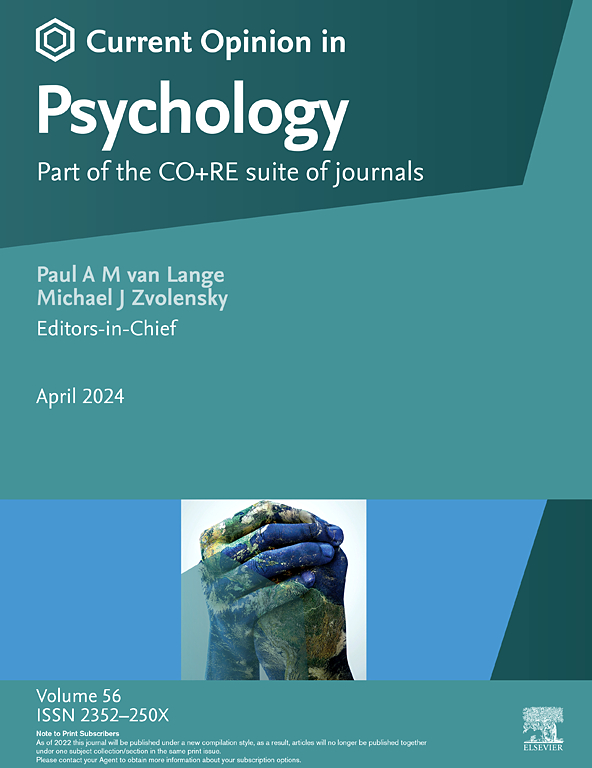Perceptions and behaviors toward first-generation, low-income individuals in organizations
IF 6.3
2区 心理学
Q1 PSYCHOLOGY, MULTIDISCIPLINARY
引用次数: 0
Abstract
As universities and employers strive for greater socioeconomic diversity, understanding First-Generation, Low-Income (FGLI) status as a dimension of diversity is crucial. This review examines how FGLI individuals—who are the first in their families to attain higher education, achieve professional occupations and/or come from low-income backgrounds—are perceived and treated in academic and professional settings. Our review shows negative perceptions of FGLIs on traits like agency and cultural fit often lead to their exclusion. We explore the accuracy of these perceptions, finding that many perceptions do not correspond to reality, and other perceptions reflect biases and narrow standards of acceptability in upper-class, white-collar environments. Additionally, we investigate factors that shape perceptions and behaviors toward FGLIs, such as evaluators' beliefs and backgrounds. We conclude with several unanswered questions to guide future research, urging a more equitable focus that emphasizes FGLIs' strengths rather than perceived weaknesses. Addressing these gaps can create more inclusive environments for FGLIs in both educational and professional contexts.
对第一代低收入者的看法和行为
随着大学和雇主努力实现更大的社会经济多样性,了解第一代低收入(FGLI)身份作为多样性的一个维度至关重要。本综述研究了第一代低收入者--他们是家庭中第一个接受高等教育、从事专业工作和/或来自低收入背景的人--在学术和专业环境中是如何被看待和对待的。我们的综述显示,人们对 FGLIs 的代理权和文化适应性等特征的负面看法往往导致他们被排斥在外。我们探讨了这些看法的准确性,发现许多看法与现实不符,其他看法则反映了偏见和上层白领环境中狭隘的可接受性标准。此外,我们还调查了影响对女性外籍劳工的看法和行为的因素,如评估者的信念和背景。最后,我们提出了几个尚未解答的问题,以指导未来的研究,并敦促我们更加公平地关注强调女性通用语言学习者的长处而不是所认为的短处。缩小这些差距可以在教育和职业领域为女性外语学习者创造更具包容性的环境。
本文章由计算机程序翻译,如有差异,请以英文原文为准。
求助全文
约1分钟内获得全文
求助全文
来源期刊

Current Opinion in Psychology
PSYCHOLOGY, MULTIDISCIPLINARY-
CiteScore
12.10
自引率
3.40%
发文量
293
审稿时长
53 days
期刊介绍:
Current Opinion in Psychology is part of the Current Opinion and Research (CO+RE) suite of journals and is a companion to the primary research, open access journal, Current Research in Ecological and Social Psychology. CO+RE journals leverage the Current Opinion legacy of editorial excellence, high-impact, and global reach to ensure they are a widely-read resource that is integral to scientists' workflows.
Current Opinion in Psychology is divided into themed sections, some of which may be reviewed on an annual basis if appropriate. The amount of space devoted to each section is related to its importance. The topics covered will include:
* Biological psychology
* Clinical psychology
* Cognitive psychology
* Community psychology
* Comparative psychology
* Developmental psychology
* Educational psychology
* Environmental psychology
* Evolutionary psychology
* Health psychology
* Neuropsychology
* Personality psychology
* Social psychology
 求助内容:
求助内容: 应助结果提醒方式:
应助结果提醒方式:


